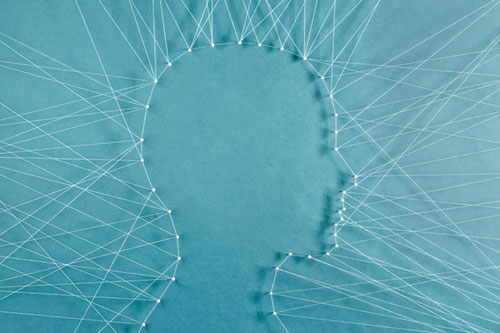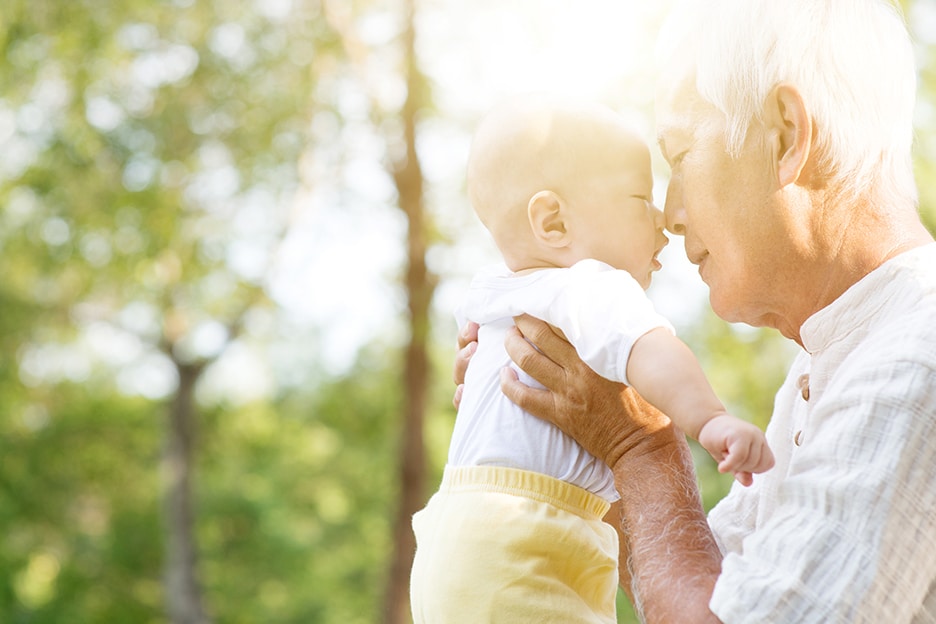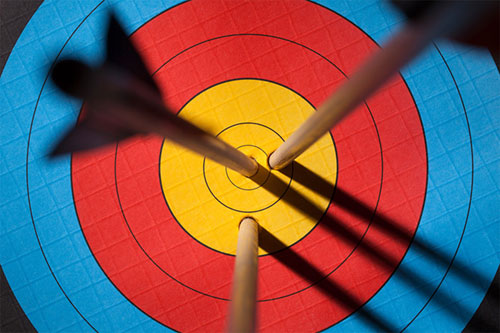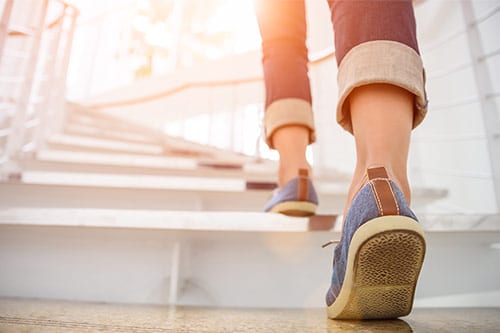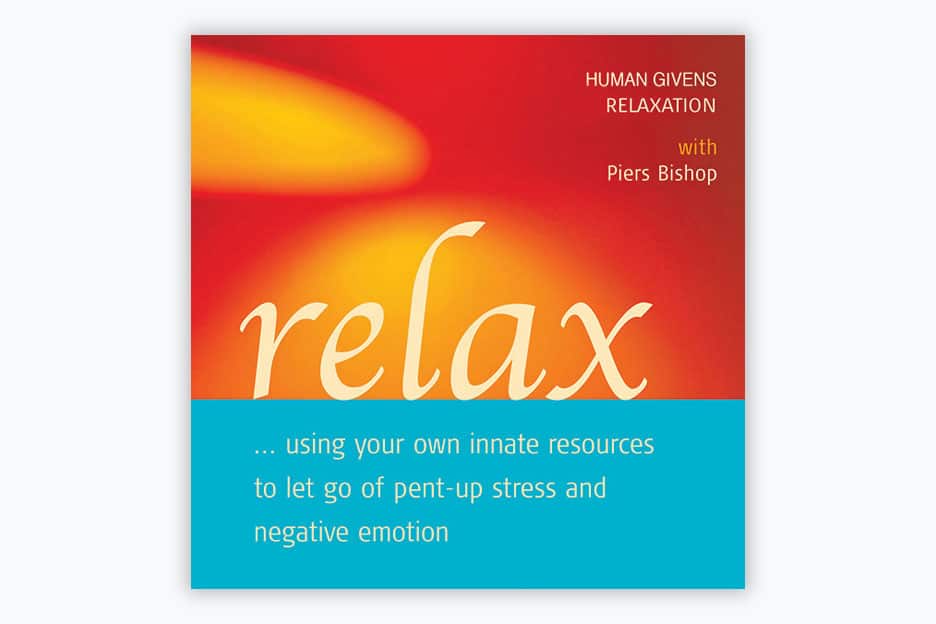Using our innate resources wisely during the pandemic
Studying, teaching and delivering therapy by the Human Givens approach has, over the years, helped me to deepen my understanding of what it means to be human: the richness of the organising ideas underpin self-development and compassion for our species from which, try as we might, we cannot separate ourselves.

Carol Harper
In these most challenging of times, where we are seeing the best (and some of the worst) of human nature, the scale of the pandemic can be overwhelming. We are reminded of the courage and dedication of our key workers and I am reminded to focus on an aspect of our human givens which perhaps more than ever, can give us a sense of our own agency, self reliance and the capacity to reach out and offer support.
What really gives me hope, and I hope will inspire you too, is that nature has equipped the majority of us, from birth, with the innate resources to help us get our physical and emotional needs met in healthy balance. Developing insight into what can prevent this happening and using our resources – our gifts – can help us reach out to others in distress and help them.
Everything can be taken from us except one thing: the freedom to choose our attitude in any given set of circumstances
Viktor Frankl
Let’s look at our innate resources and perhaps you can begin to see how you may harness these now, in whatever your situation, to begin to discover for yourself how, as Viktor Frankl said, you can discover that freedom to choose your attitude in any given set of circumstances.
Our long-term memory is the basis for our learning. Each new experience is built incrementally on previous knowledge. Perhaps you can remember skills or activities you used to enjoy but haven’t done for a long time. Maybe you have a memory of something you studied once and let go because of other pressures. Maybe you can remember a time when you were finding life difficult but you discovered something which helped you get through. You may say you’ve never experienced anything like this before: but can you think of people who have and who have come through? Literature, films or someone you admire may be the inspiration you can use for yourself now. Using your memory in this way may help you to meet your need for challenge and stretch and link into a sense that life has meaning and purpose, that over arching need, the quality of life which, when all else fails, helps us through the hard times.
NEW – LIVE ONLINE TRAINING
Join Carol Harper and HG co-founder Ivan Tyrrell live online on Tues 23rd June 2020 for a special one-off workshop: A closer look at our innate resources.
The day gives you the unique opportunity to benefit directly from their extensive knowledge and experience, and to ask them questions.
We are equipped with emotions and instincts: emotion always precedes rational thought which is why we see the behaviours (good and bad) that we witness now. Emotion alerts us to situations we feel drawn towards, or compelled to move away from. The fight or flight response is normal when faced with a novel experience, such as the coronavirus. We need fear to take appropriate action to keep not only ourselves, but others safe. We have an emotional need for safety and security: but if this drives us to aggression in the supermarket or buying what we don’t need, then the need becomes a greed. Although we feel safer when we have a degree of control over events a mature person knows that we cannot control everything and has learnt to quieten the emotional brain – through exercise, reaching out to others, or meditation for example – and recognise what realistically we can control and what we most definitely can’t.
The majority of us come into the world with an ability to build rapport and show empathy towards other people. We are social creatures and the current lock down and physical distancing is therefore challenging. The need for privacy may be unbalanced, too well met for some and not met at all for others. However, volunteers around the world are ensuring that their neighbours are cared for during this time. The emotional need to be part of the wider community is being met because we can enter into other peoples’ models of reality and reach out to reduce suffering. In our intimate relationships, our close friendships, while physical connection may not be possible at the moment, connecting on line via video calls is the next best thing. Reach out to people you have lost touch with. Join a local mutual aid group if you are able to do that. Help reach vulnerable people to at least ensure they have food to eat. Perhaps such outreach will begin to satisfy your need to give attention; and in doing so you will find attention being given to you.
Human imagination is the most wonderful gift. It helps us to focus away from our difficulties and look for solutions. It is our creativity, our ingenuity, our motivating needs (necessity) which become the ‘mother of invention’. We will be learning throughout this crisis. I’m reminded that the Chinese character for that word comprises two separate characters – one is ‘danger’, the other is ‘opportunity’. By using your imagination, what opportunities might you find? Although we may misuse any of our resources, perhaps the imagination more than any other can be particularly misused. An anxious mind may spend many hours in rumination or catastrophic thinking: worry is trying to figure out an answer to something you haven’t yet had the experience (memory or pattern) to solve. Using your imagination helps access a bigger picture, helps focus your attention on richer patterns to move towards.
Reframing your situation – getting a different view – is enabled by the resource of having an observing self. The ability we have to be aware of our own awareness and step back from our situation so as to see it in the greater context helps us to overcome difficulties. We need to also be aware that our attention can be focused easily by the use of influential, emotional language, particularly nominalisations as frequently used by politicians, pundits and the media. This language has an allure, and we need to understand its impact upon us, which is to lock our attention away from independent thinking.
There is great inequality throughout the world and although to us as individuals, many of us may think we’re getting a raw deal, isolation and lack of exercise and fresh air; inadequate food supplies or clean drinking water is the reality for millions. The consequences for physical and mental health are clear. Helping in some way, however small, if you are unable to continue work, may help you maintain your need for achievement and competence. It may also fulfil the need for status, or recognition of you by others.
The human brain is the most complex system in the known universe. It communicates within itself and between the other organs of the body so dividing it up to give us our ‘resources’ may seem a little artificial. However, it’s useful to look at the two distinct hemispheres of the brain. The left hemisphere is concerned with planning, organising, reasoning and checking out our emotions; while the right hemisphere gives us the ability to know the world, unconsciously and metaphorically by the facility of pattern matching. All experience is built upon patterns laid down in our individual and collective histories. When we learn we enrich those patterns, opening ourselves up to new possibilities.
In the current situation we can all be aware of the levels of stress, anxiety and fear which pervades the world. Our dreaming brain will be working to help us process incomplete emotional arousal from the previous day. Joe Griffin’s expectation fulfilment theory of dreaming explains this: when we enter the REM phase of sleep, the brain reviews the unmet expectation or unfilled emotion and, by way of metaphor, completes the arousal allowing you to wake the following morning refreshed and ready for the day. Too much unresolved introspection and worry may lead to excessive dreaming, in turn leading to reduced slow wave restorative sleep – which is exhausting and may produce more anxiety. Especially in these times, utilising your other resources, checking out your arousals and taking time to do emotionally rewarding activities will help boost endorphin and serotonin levels in the brain, thus giving you a greater sense of being secure and in control; a sense of well being. When we can keep ourselves well we develop the capacity to help others.
When we can keep ourselves well we develop the capacity to help others.
The balance nature has equipped us with sustains life. Clearly there is much out of balance at this moment in history. We must be aware of the three significant blocks which prevent us from achieving the meeting of needs in healthy balance.
The first block is a toxic environment. We may say this describes our current situation and we would be right. However this covers a wide range of difficulties. We hear of many people in lock down suffering from domestic abuse; prisoners confined to their cells with little opportunity to satisfy physical or emotional needs. Suffering, it could be said, is part of the human condition and a thousand generations before ours will have endured great hardship. In Europe, we are alive today because our ancestors survived the plague, for example. In China, the most celebrated poet, Du Fu, who lived from 712–770, suffered persecution and hardship throughout his life, and continues to inspire and bring joy to others with his poetry. Closer to home, just three or four generations ago, violence, grief and suffering pervaded Europe yet people lived and loved as ever. And now in other parts of the world inequality, war, persecution and famine are part of day to day living for millions. Viktor Frankl, quoted above, survived the Nazi concentration camps.
Brains aren’t all ‘neuro-typical’ and sometimes people are unable to ‘operate’ their guidance system in a way that can help them meet their needs. Coping skills may be lacking and if we can help others with communication; or help them to manage their anxiety and frustration we can be of great service.
Most profoundly, trauma to the brain by physical or psychological damage again will prevent a person from getting their needs met. The guidance system has been damaged and psychologically this may happen incrementally, vicariously, imaginatively as well as through the impact of one major event. While to various degrees we reel from the enormity of living with a pandemic and the adjustments we are having to make, many are psychologically traumatised and need to be shown ways to calm themselves and reframe their personal situation.
To manage the guidance system in a healthy way, we need to be aware of the potential damage that, completely unconsciously, we may be living with. What is needed now is the knowledge that we can step back into our observing selves and recognise how many of our behaviours are the result of faulty conditioning and unhelpful beliefs.
It has been argued that we live in a manufactured reality of cultural, religious and societal ‘norms’, subjected to marketing, propaganda and fake news all of which undermine our intelligence. Information overload and competing narratives confuse us making it harder to navigate our way through treacherous waters.
It is time to be still, really listen. Challenge assumptions and think critically. Be aware of your own bias and deepen your self-awareness. Make an inventory of the resources you have built up throughout your life-time, your own wisdom and resilience; skills, talents, expertise, family and friends. People have remarked how vibrant this spring seems to have been in the abundance of flowers, bird song and clearer air: think of the resources of the planet itself and how they are used or mis-used. We are equipped with the resources we need. We must use them wisely.
NEW LIVE ONLINE TRAINING
Carol Harper is a senior tutor for HG College and psychotherapist with many years experience. She teaches the Human Givens Diploma.
On Tues 23rd June 2020 she is presenting a new workshop: A closer look at our innate resources live online with HG co-founder Ivan Tyrrell.
Helpful resources - please share
- Is your well-being being affected by self-isolation?
- Coronavirus: How to reduce high anxiety now
- Coping with self-isolation
- RELAX mp3 – a useful tool
- Digital downloads to keep your mind occupied
- Online Courses – SAVE 20% on selected courses – lifelong access
